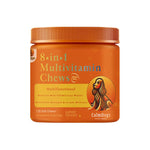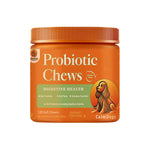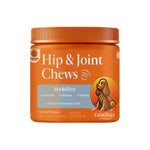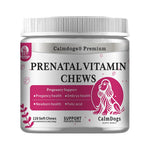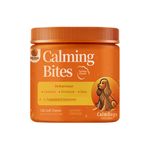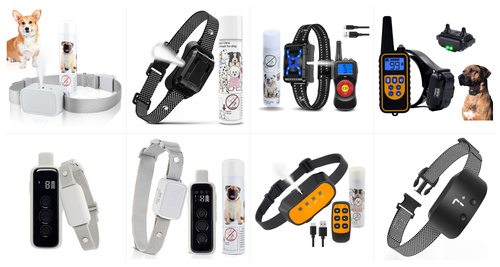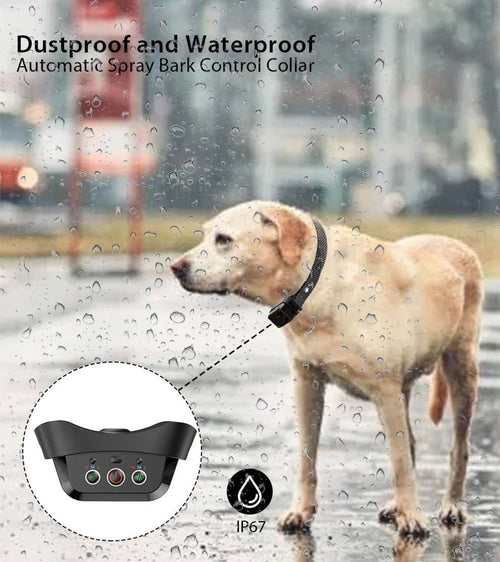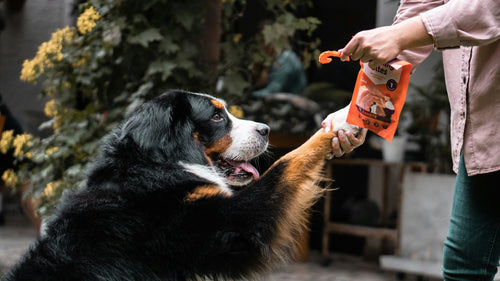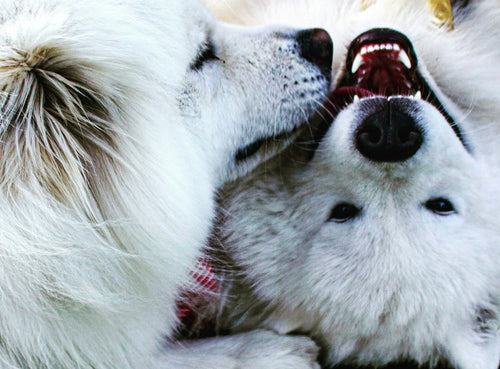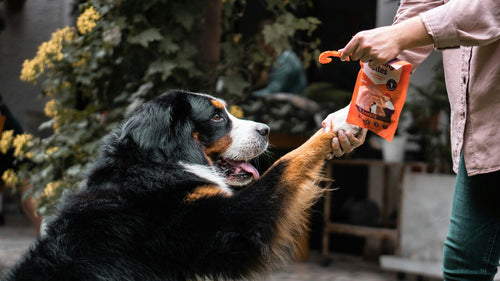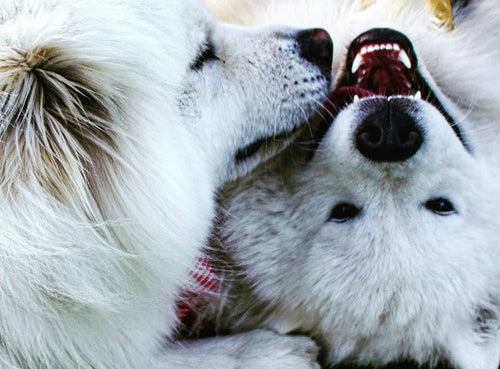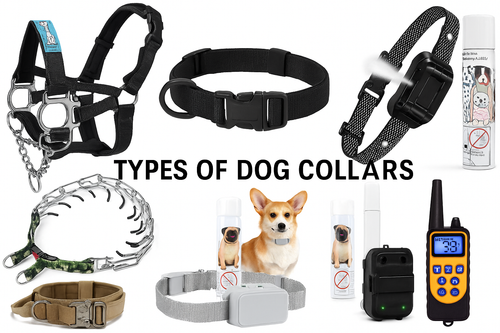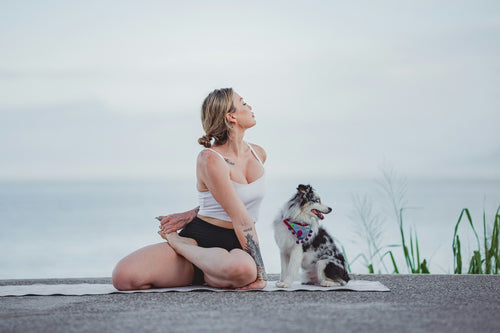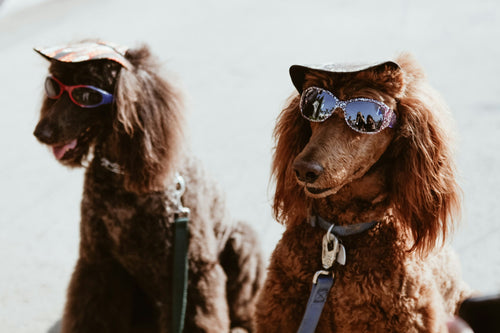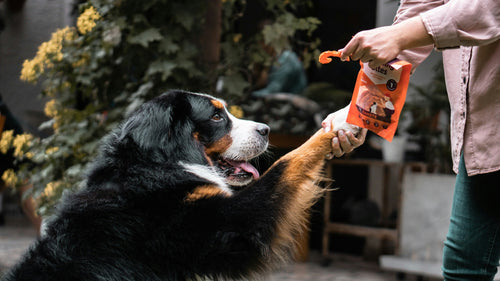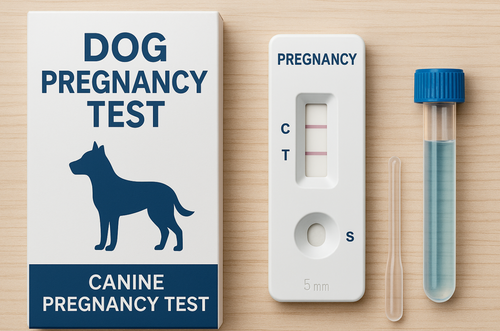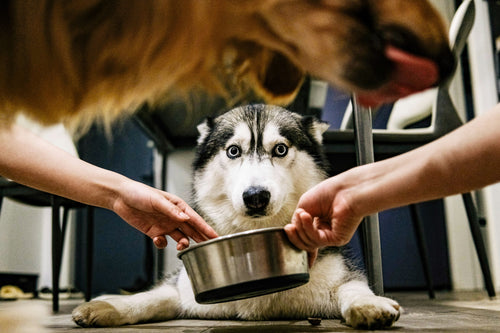First Bark
When I first brought home Luna, my golden retriever pup, I thought I had it all figured out. High-quality food? Check. Daily walks? Check. Vet visits? Yep.
But as time went on, I started wondering—what vitamins should I give to my dog to help her thrive, not just survive?
If you're like me—reading food labels, googling ingredients, and second-guessing everything—this guide is for you. Let’s break it all down in a way that’s simple, helpful, and honest.
Why Dog Vitamins Matter (Even With Good Food)
It’s true that high-quality dog food contains many of the nutrients dogs need. But here’s the catch: not all dogs are the same.
Factors that may increase a dog’s need for vitamins include:
-
Age (puppies vs. seniors)
-
Breed
-
Allergies
-
Stress or anxiety
-
Medical conditions
-
Home-cooked diets
Vitamins can help support everything from joint health to digestion, coat shine, and even behaviour. Make sure to buy only vet approved dog calming treats and vitamins.

What Vitamins Should I Give to My Dog? Let’s Break Them Down
Here’s a look at the most common dog vitamins, what they do, and how to know if your dog needs them.
1. Vitamin A – Eye & Skin Health
Vitamin A supports:
-
Vision
-
Immune system
-
Healthy skin and coat
Most dogs get enough from food, but itchy skin or dull coat could be a sign of deficiency.
Natural sources: Liver, carrots, sweet potatoes
2. Vitamin B Complex – Energy & Brain Support
B vitamins are a group, including B1 (thiamine), B6, and B12.
They help with:
-
Energy production
-
Brain function
-
Red blood cell formation
Low B12 is common in dogs with digestive issues. A B-complex chew can be a great energy booster, especially for older dogs.
3. Vitamin C – Immunity & Stress Support
Dogs can produce their own Vitamin C, but under stress or illness, supplementation helps.
It’s known to:
-
Support immunity
-
Fight inflammation
-
Aid in recovery after illness or surgery
Best for: senior dogs, anxious pups, or during seasonal illness spikes
4. Vitamin D – Bone & Muscle Health
Vitamin D helps the body absorb calcium and phosphorus. Deficiencies can lead to:
-
Weak bones
-
Muscle tremors
-
Heart issues
Dogs on raw or homemade diets may need D3 supplements, especially in darker winter months.
⚠️ Caution: Too much Vitamin D is toxic—only supplement under guidance.
5. Vitamin E – Skin & Cellular Health
An antioxidant powerhouse, Vitamin E is great for:
-
Skin and coat shine
-
Muscle function
-
Immune support
It also helps with dry, itchy skin and shedding.
Do Dogs Need Multivitamins?
Short answer? Not always—but sometimes.
Your dog may benefit from a multivitamin if:
-
They’re on a homemade diet
-
They’re recovering from surgery
-
They have skin or coat issues
-
They’re a senior with low energy
-
You’ve consulted your vet and they recommend it
Otherwise, your focus should be on a balanced diet first.

Signs Your Dog May Be Lacking Vitamins
Watch out for these signs—it might be time to ask your vet about supplementation.
| Symptom | Possible Deficiency |
|---|---|
| Dry coat, dandruff | Vitamin A or E |
| Low energy | B vitamins |
| Weak joints | D, calcium |
| Poor appetite | B or C |
| Slow healing | Vitamin C or zinc |
The Wrong Way to Supplement: My Quick Fail Story
I once gave Luna a random “human-grade” supplement I had at home. I figured, if it’s good for me, it’s fine for her. Bad move.
She got the runs for 2 days.
Moral of the story? Only use vet-approved dog supplements. Dogs metabolize things differently, and too much of a good thing (like Vitamin D or calcium) can do real damage.
Choosing the Right Dog Vitamins: What to Look For
When you’re shopping for dog vitamins, look for:
✅ Made for dogs
✅ Backed by vets or scientific studies
✅ No artificial colors, flavors, or fillers
✅ Proper dosage per weight
✅ Clear ingredient list
Avoid anything with added sugar or unclear “proprietary blends.”

Our Favorite Dog Supplements
Here’s what I now keep stocked in my kitchen cabinet for Luna:
-
Omega-3 Fish Oil – for coat, joints, brain
-
Probiotic + Vitamin B Chews – for gut and energy
-
Calming Vitamin Treats – with B, C, chamomile, and L-theanine
-
Glucosamine + D3 Tablets – now that she’s hitting her senior years
-
Calmdogs Calming Dog Treats from Calmshops.co.uk – Our go-to for days when Luna gets anxious from fireworks or guests. They’re packed with soothing herbs and vitamins to naturally ease stress without drowsiness.
Pro Tip: Keep your supplements in a dry, cool spot and mark your calendar for monthly refills.
But… Always Ask Your Vet First
Even if a vitamin looks safe, it’s always smart to double-check. Your vet knows your dog’s breed, age, health history, and diet—and they can help you avoid over-supplementation.
Can Puppies Take Vitamins?
Yes, but they need puppy-specific formulas. Overdosing young dogs on adult doses of calcium or vitamin D can affect bone development.
Look for:
-
Puppy multivitamin chews
-
DHA and omega-3s for brain development
-
Probiotics if your pup has tummy issues

Final Thoughts: So, What Vitamins Should I Give to My Dog?
If you’ve been wondering what vitamins should I give to my dog, the answer depends on your dog’s unique needs. For many, a balanced diet is enough. For others—especially seniors, dogs on homemade diets, or dogs with chronic issues—supplements can be game-changers.
Stick to vet-approved brands, watch for changes in energy, coat, and digestion, and always introduce vitamins gradually.
And most importantly? Love them. That’s the best daily dose of health you can give.



